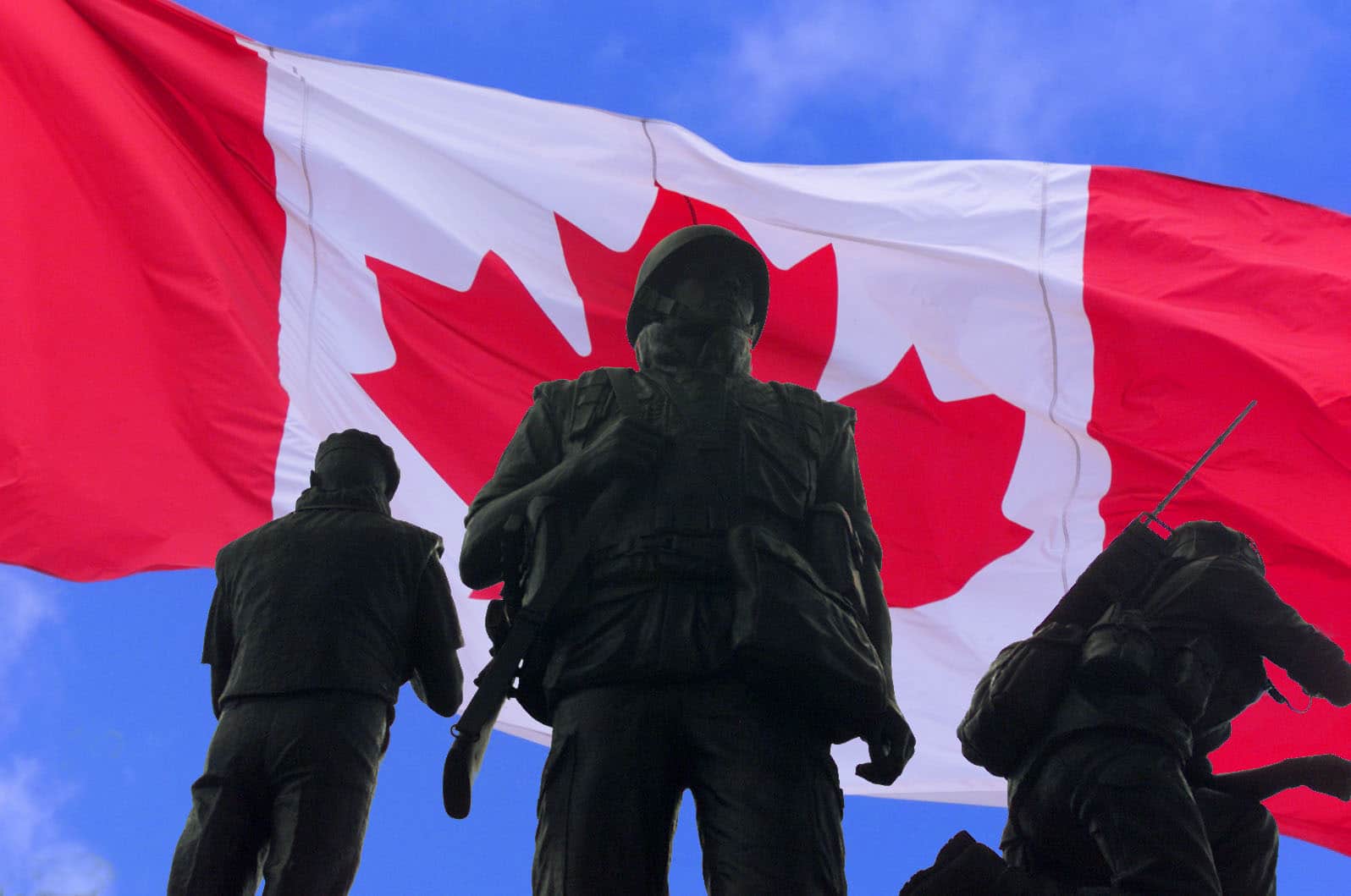The Government of Canada is committed to strongly supporting our women and men in uniform. The new defence policy released today supports their dedication and the pivotal role they play in making Canada strong at home, secure in North America, and engaged in the world.
Today Defence Minister Harjit S. Sajjan released “Strong, Secure, Engaged,” a long-term defence policy that commits to a range of new investments for the Canadian Armed Forces (CAF), its members, and their families.
Canada’s new defence policy has people at its core. It places an unprecedented focus on our women and men in uniform by ensuring that they and their families are well-supported and resilient – physically, psychologically, and socially. It places added attention on improving recruitment, retention, and training to capitalize on the unique talents and skillsets of Canada’s diverse population.
This policy is an ambitious yet realistic plan that outlines the Government of Canada’s Defence priorities. New investment will ensure critical core capabilities and equipment that are underfunded and unfunded can now proceed on a sound footing. It will also support growth in emerging domains such as space and cyber, and critical areas such as intelligence and Special Operations Forces.
The investments made under “Strong, Secure, Engaged” will deliver the support and capabilities our women and men in uniform need and deserve, as they work to make Canada strong at home, secure in North America, and engaged in the world.
“Strong, Secure, Engaged” is fully costed, and it’s fully funded. It is a sign of the Government of Canada’s commitment to providing our women and men in uniform with the care and equipment that they need, and it places the Canadian Armed Forces on a solid footing going forward. I’m confident that these investments will have a direct, positive impact on our members and their families,” said Defence Minister Harjit S. Sajjan.
Quick Facts
** One key measure to recognize the sacrifices of serving members and their families is that all troops deployed on international operations will be exempt from federal income tax on their CAF salary up to the pay level of Lieutenant-Colonel, effective January 1, 2017. This is in addition to existing allowances that compensate for hardship and risk.
** “Strong, Secure, Engaged” will grow annual defence spending from $18.9 billion in 2016/17 to $32.7 billion in 2026/27, on a cash basis, an increase of over 70 percent.
** These investments reflect Canada’s most rigorously costed defence policy in history. It is also fully funded. The structure of the National Defence budget will be clarified so that Parliament and Canadians are better equipped to hold current and future governments accountable for defence spending.
**Through Canada’s Defence Policy, the Department of National Defence (DND) and the CAF will:
- Invest $198.2 million over the course of the policy to implement a new Total Health and Wellness Strategy that will expand wellness beyond the traditional healthcare model to include promotion, prevention, treatment, and support, and provide a greater range of health and wellness services and programs.
- Invest an additional $6 million per year to modernize family support programs, such as Military Family Resource Centres, to provide better support to families when members are deploying or during periods of absence.
- Increase the proportion of women in the military by one percentage point annually, to achieve 25 percent representation by 2026, to our operational advantage;
- Transform the transition process to better support CAF members and their families by establishing a 1,200-person CAF Transition Group. The creation of this new group means all of our women and men will be taken care of as they transition back into the CAF following illness or injury, or out of the CAF and into civilian life at the conclusion of military service.
- Implement teams at Military Family Resource Centres to prevent and respond to gender-based violence.
- Increase the size of the Regular Force by 3,500 (to 71,500) and the Reserve Force by 1,500 (to 30,000) members. The Reserves will also become more integrated into the total force, providing agile and effective full-time capability through part-time service.
- Replace the CF-18 fleet with 88 advanced fighter aircraft, through an open and transparent competition, to improve CAF air control and air attack capability;
- Provide the funding required for the full complement of 15 Canadian Surface Combatants;
- Improve land capabilities including ground based air defence, combat support vehicles, heavy logistics vehicles, and training simulators;
- Create a new CAF Cyber Operator occupation to attract Canada’s best and brightest talent to cyber functions.
- Invest in a range of remotely piloted systems, including an armed aerial system capable of conducting surveillance and precision strikes.
- Launch a new program, Innovation for Defence Excellence and Security (IDEaS), which will see $1.6 billion invested over the next 20 years to modernize the way National Defence generates solutions through new cooperative partnerships with the private sector, universities, and academics.
- Establish up to 120 new military intelligence positions, some of which will be filled by Reservists, and add up to 180 new civilian intelligence positions.
- Grow the civilian workforce by 1,150 employees to enable and support military operations.
- Meet the federal target to reduce greenhouse gas emissions by 40 percent from the 2005 levels by 2030, excluding military fleets.
- Strengthen relationships with the defence community, including academia and the private sector. Today, more than ever, innovation, technology, and problem solving are critical to meeting evolving defence and security needs.
- Improve the procurement process within National Defence to reduce departmental approval times by 50 percent, allow over 80 percent of defence procurement contracts to be managed by National Defence, and increase transparency.
Today’s announcement concludes the most comprehensive review process in Canadian defence and security history – a year-long review process that included open and transparent consultations with Canadians, parliamentarians, defence experts, allies, and partners.
Canada Defence Policy Report (0 downloads)








